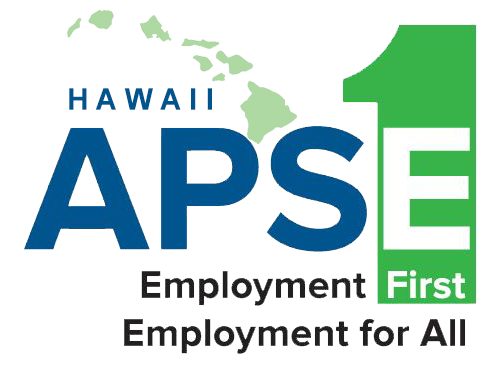Provider system conversion and capacity building in the provision of integrated employment services
Strategies for increasing competitive integrated employment opportunities for veterans with disabilities
State public systems coordination and planning in support of capacity building and achieving competitive, integrated employment
Cross-systems collaboration
Professional/Staff development in delivery of effective practices that lead/sustain CIE Leadership development
Employer engagement
Training and mentoring in the application of evidence-based best practices (including but not limited to the individual placement and support (IPS) model, self-employment, customized employment strategies, discovery, and financial capability)
Stakeholder engagement and message development to support systems transformation (with particular focus on disability service providers, self-advocates, families of individuals with disabilities, and employers), to be coordinated and integrated with ODEP ongoing stakeholder engagement efforts Knowledge sharing, information dissemination, and communications/marketing
Funding alignment across systems, including strategies for leveraging and braiding of public funds to assist providers in transforming their business model from segregation to CIE
Rate/Reimbursement restructuring
Policy development and analysis (including but not limited to assisting states in the development of state agency plans, performance or service waivers, service delivery contractual agreements, blending/braiding agreements, system-focused standard operating procedures or protocols, etc.)
School-to-work transition models, including partnerships with provider networks for transitioning youth with disabilities
Customized Employment (including Discovery) capacity building and implementation, including policy alignment across state systems and utilization of such practices by Provider networks in their transformation efforts
State plan options and funding/performance waivers across publicly-financed systems or the state agencies that are responsible for managing and providing services under the waiver authority in the state
Data collection & synthesis
Outcomes-based performance measurement
Cost-Benefit analysis
Benefits planning implementation (including SSDI, SSI, VA, work incentives and tax incentives, etc.) including financial literacy for people with disabilities, and capacity building for providers in this area
Strategies for increasing competitive integrated employment opportunities for people with mental health (MH) disabilities
Integrating Community-Based Meaningful Day with Employment First Centric Outcomes
Understanding Accessible and Adoptive Technology
Designing Curricula for and leading competency-based technology training for staff Training
Electric Documentation software to better help organizations use technology to track and achieve employment first outcomes
